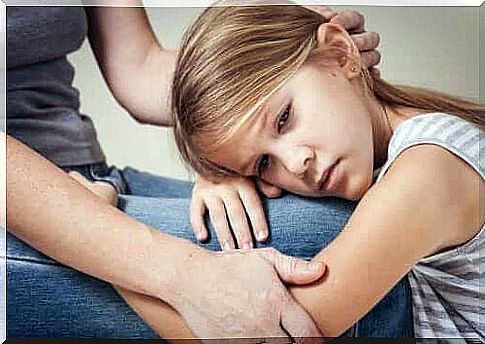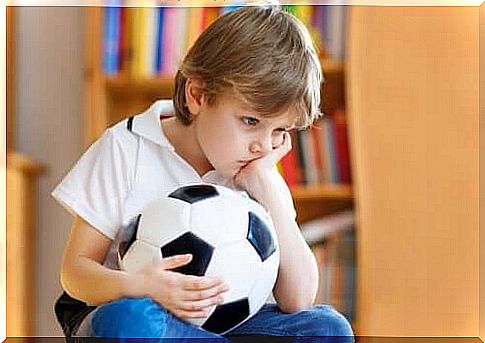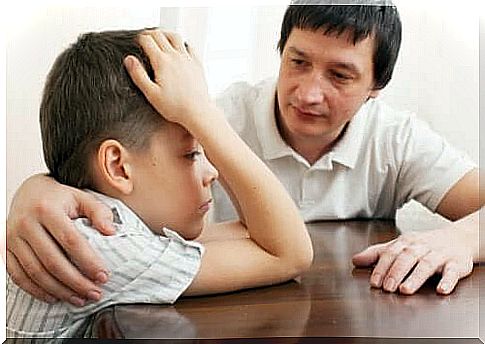My Child Is Not Happy: How Can I Help Him? – Being Parents

The goal of every parent is to ensure the good health and happiness of their children. Unfortunately, there are no instructions on how to do this, and even if we do our best, often the results are not what we expect. If you are thinking to yourself: “my child is not happy and I do not know how to help him” , keep reading this article, because we give you some advice!
Where does happiness come from?
Often we wonder why some children are happier than others. Why for some it’s easy to see the bright side in life and why for others it’s so hard. From our point of view as a parent, it can be a source of anxiety if we notice that our child is unhappy.
The good news is that happiness is not something fixed and unchanging, but we have the ability to work on it. Indeed, 50% of our happiness comes from genetic factors, 10% is influenced by our life circumstances and the remaining 40% represents our attitude, the thought patterns that we learn.
Thus, we parents, have the ability to impart to our children adequate cognitive and emotional patterns that can help them move forward in life in a fluid and positive way. And, in addition, we can make the external circumstances as favorable as possible.

I think my child is not happy
As parents, we always want to bring our children a fulfilling, serene and safe childhood. We are committed to transmitting to them the ability to enjoy and be satisfied with the simple things in life.
However, sometimes doubts can assail us regarding the well-being of our children. So, the first thing to do is to try to identify if the child is unhappy or if he is, quite simply, a human being with his good times and his bad times.
The main characteristics of a happy child are their ability to feel interest in, and enjoy, people, activities and events in life. But that’s not all ; happy children also show a host of other signs that we need to be aware of. In effect, they:
- Are happy and active: they laugh, smile and transmit their joy to others
- Are outgoing, have lots of friends and thrive on building relationships with other children
- Show appreciation, value and appreciate positive events and the actions of others
- Have a positive outlook on the world and use equally positive language. They have a hobby or ability that they take advantage of tremendously
- Have self-confidence: they are independent, do not show too many fears or express themselves too often in an aggressive manner
How can I help my child if he is not happy?
Love him unconditionally
An essential part of being happy is receiving love and security from your primary source of affection. So, love and accept your child as he is, and show him your affection. On the other hand, listen to him carefully and chat with him often. In this way, the bond which unites you will be strengthened and you will be able to detect changes in his mood or his small worries and thus be able to help him to solve them.

Set healthy limits
Even though we think that setting limits or saying “no” are things that can make our children unhappy, in fact, it’s quite the opposite. Indeed, children need clear and consistent boundaries. These guide them and let them know what to expect from life and what life expects from them. It gives them a sense of security and teaches them to tolerate frustration.
Promote your child’s self-esteem and autonomy
Self-esteem is one of the most important values to be able to be happy. So, strive to build healthy self-esteem in your child that can lead them to feel capable and aware of their worth. Help him be independent within his possibilities, give him small responsibilities and let him honor them. The feeling of success will lead him to forge a very positive concept of himself.
Adopt a positive attitude
Try to instill positive, optimistic thinking in your children. Convey to them the awareness of the value of being loved and grateful, teach them to value all the good things around them and to enjoy it. Help them put their problems into perspective and find solutions instead of passively stagnating. But for that, the best thing you can do is set an example for your child through your own positive attitude.









